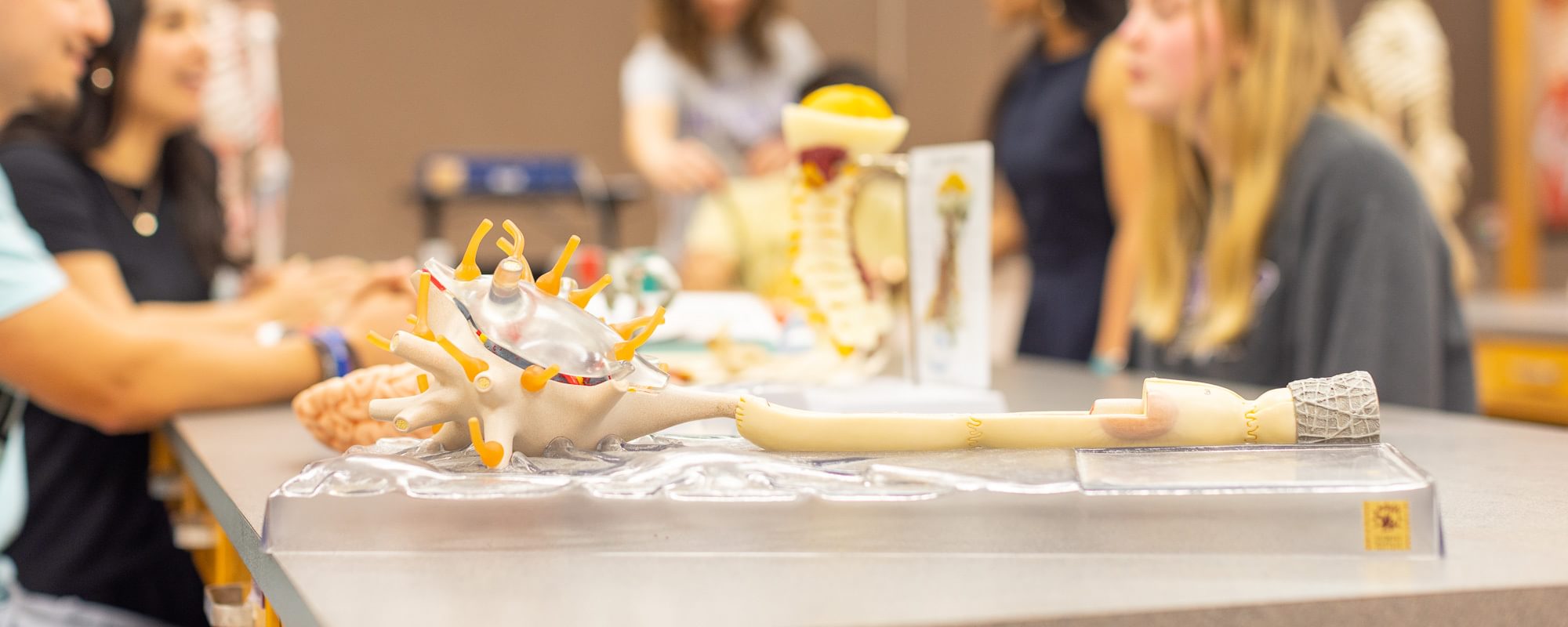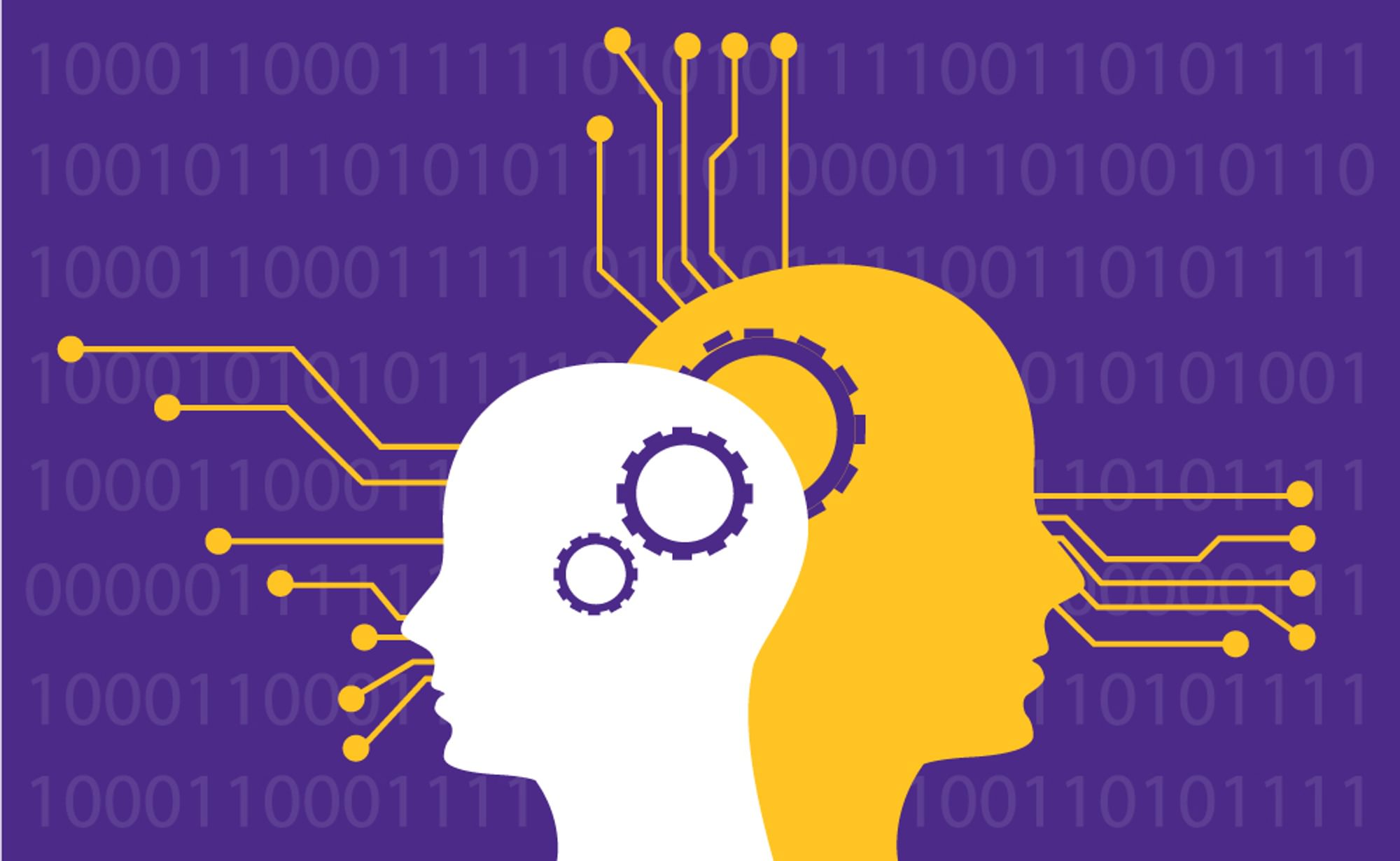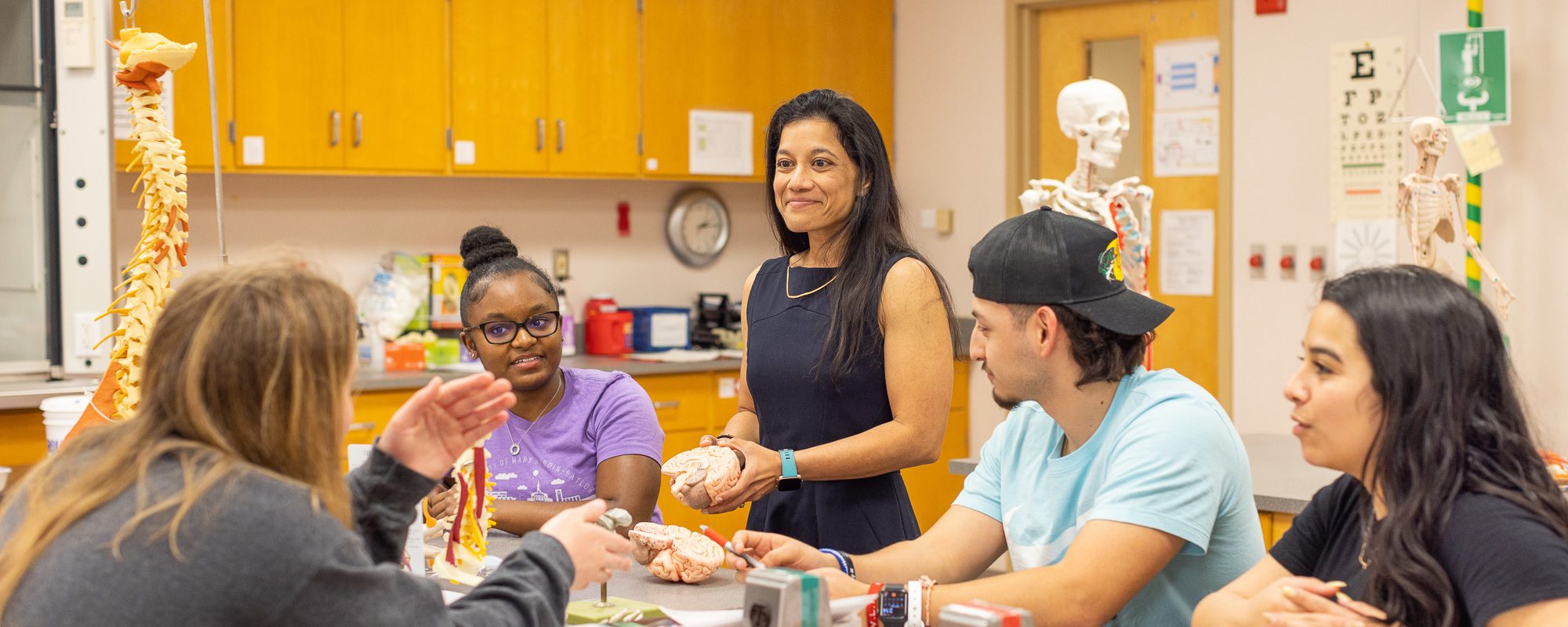Major in Neuroscience | B.S. in Neuroscience
As an undergraduate course of study, the Neuroscience program provides students with an incredibly broad range of career options. It is, first and foremost, an ideal course of study for students who wish to pursue graduate studies in neuroscience itself, as well as those who wish to enter medical school - especially with an eye toward psychiatric care. Similarly, it provides a firm grounding for students who wish to move into counseling, therapy, addiction work, or social work, therefore serving as a good option for students who want to pursue some amount of graduate work but, for one reason or another, find medical school or Ph.D. programs a poor fit.

Why should I choose to study a B.S. in Neuroscience?
There is still a lot that is not known about the brain. There is a vast wilderness of knowledge that needs to be explored with new discoveries awaiting around every corner.
What are some neuroscience courses I will take?
- BIOL 3375—Human Physiology
- NSCI 3320—Biological Basis of Perception & Movement
- NSCI 3330—Cognitive Neuroscience
- BIOL 4340—The Addicted Brain
- NSCI 4195—Neuroscience Capstone Seminar
- NSCI 4320—Clinical Neuropathology
- PSYC 3333—Sensation and Perception
People drawn to Neuroscience degree programs tend to be:
Curious, Creative, Analytical, Methodical, Driven

“I have had a fascination with the brain and the field of neuroscience from a young age. Neuroscience is a perfect intersection to explore the “why” and “how” of human behavior. I love how neurobiology can be used to explain behaviors and phenomenon and vice versa.”
Dr. Seena Mathew, UMHB Professor
What are some career options if I major in neuroscience?
With a major in Neuroscience, your future is open to many job opportunities:
- AI Scientist
- Biostatistician
- Clinical Researcher
- Marketing & Communications Manager
- Psychologist
- Neurologist (Med school required)
- Psychiatrist (Med school required)
What graduate studies can be pursued with a Neuroscience major?
- Artificial Intelligence
- Medicine
- Neurology
- Psychology
- Management
Where can I go to graduate school?
There are several universities within a two-hour drive from Belton that offer graduate programs in Neuroscience.
- The University of Texas at Austin accepts graduate students into the Department of Neuroscience. Training involves Behavioral and Cellular Neuroscience, Computational and Theoretical Neuroscience, as well as Neuropsychology and Sensory Systems and Perceptions.
- Baylor University also offers doctoral degrees in Behavioral Neuroscience, Social Psychology, and General Experimental Psychology.
- The Texas A&M Institute for Neuroscience is a multidisciplinary program spanning several colleges including science, medicine, liberal arts, engineering, and veterinary medicine.
Why Study at UMHB?
Benefits of studying at UMHB are the personal connections you make with faculty who genuinely care about you as a person and your success. You can interact with them in small classroom settings in a warm and caring environment.
The University of Mary Hardin-Baylor’s Neuroscience program was developed with the LCMC and Rize Education. The LCMC is a strategic partnership of private colleges and universities nationwide, collaborating with Rize Education to provide access to a cutting-edge curriculum that prepares students for successful careers. The program leverages project-based learning and allows students to create portfolios to showcase to prospective employers.
